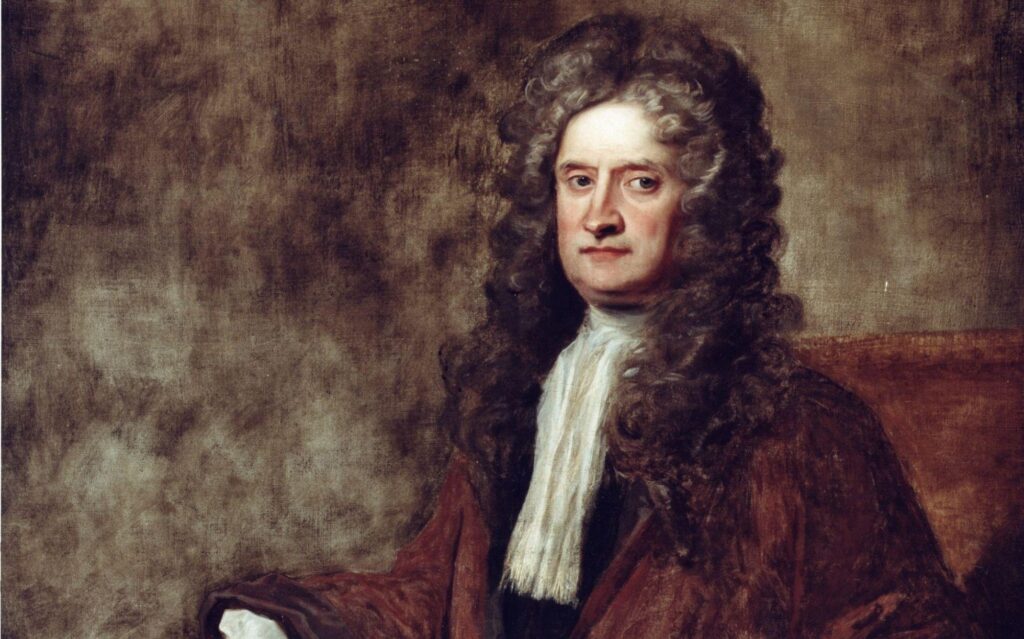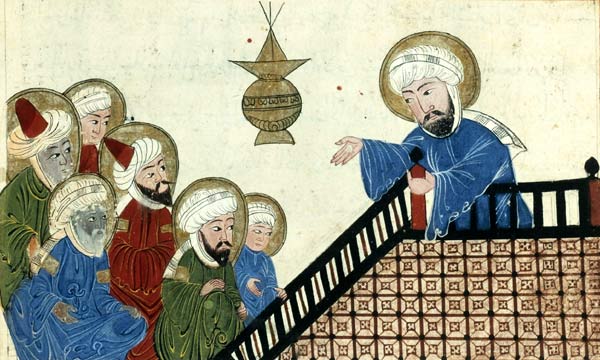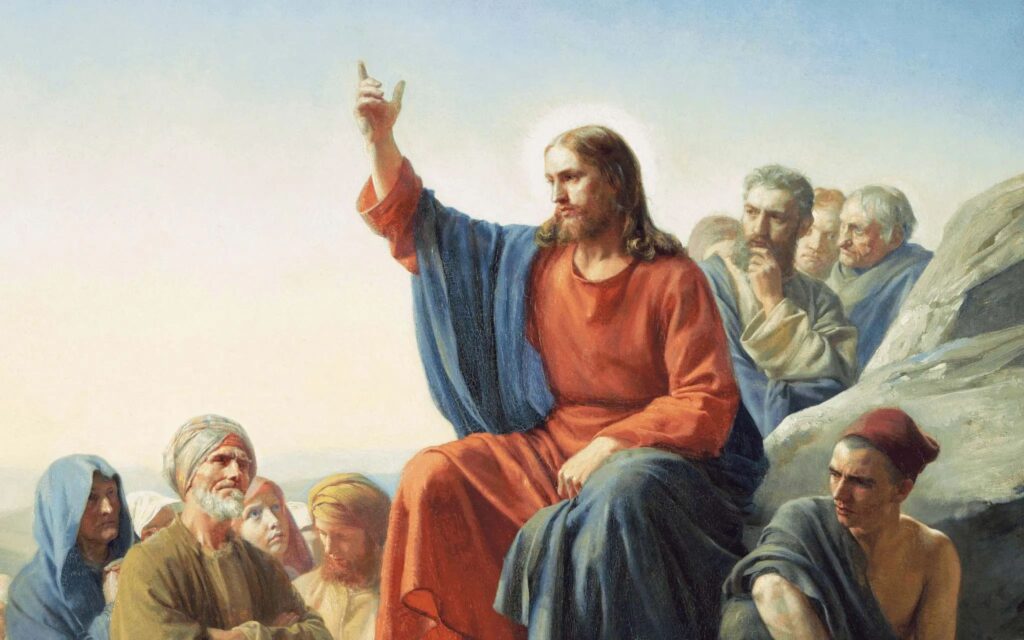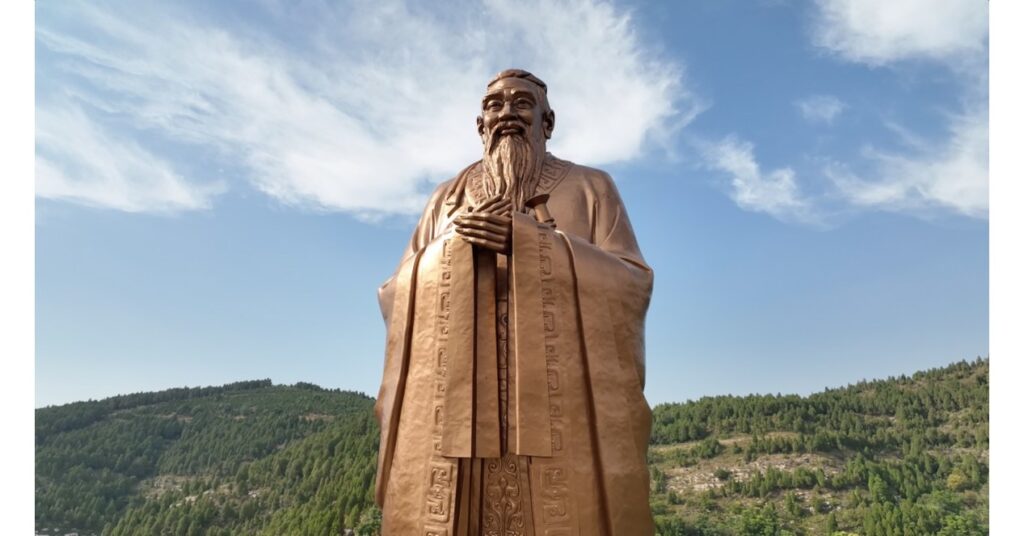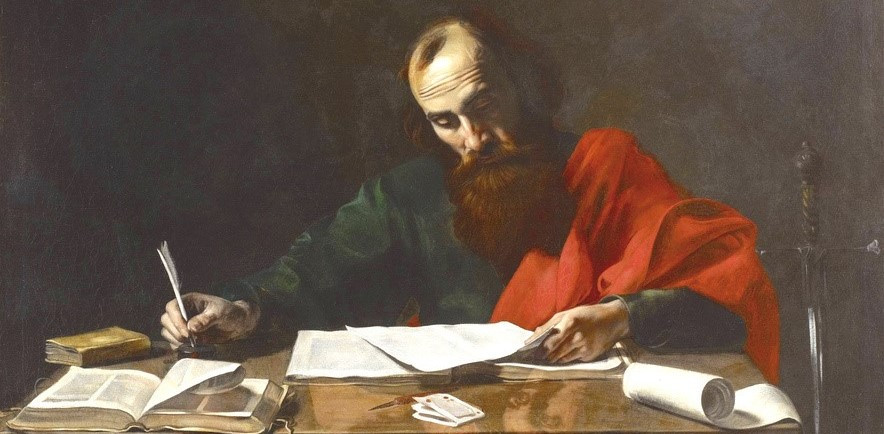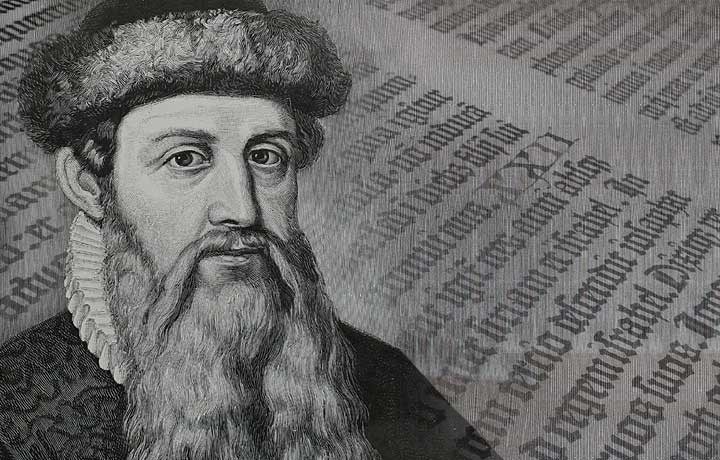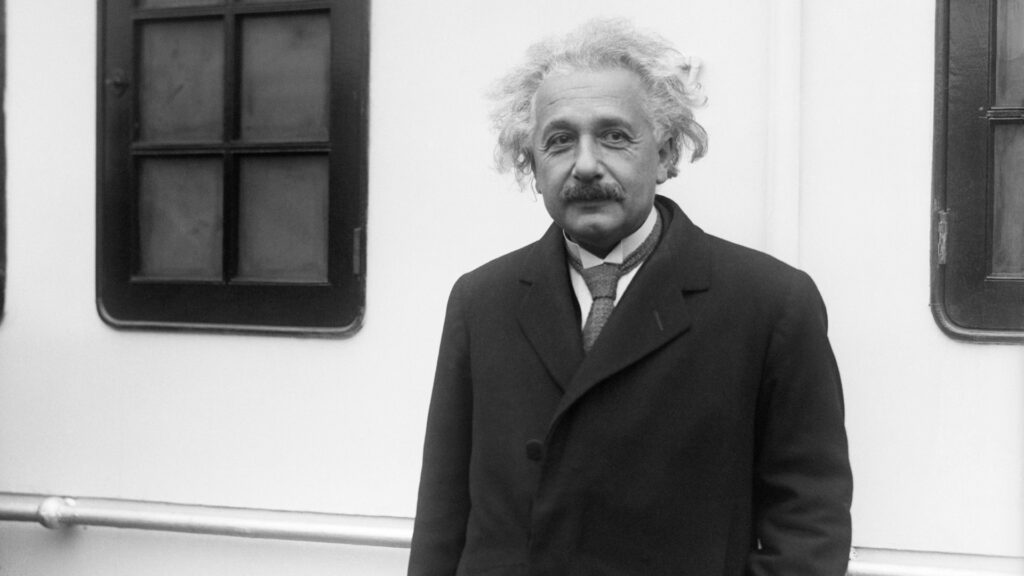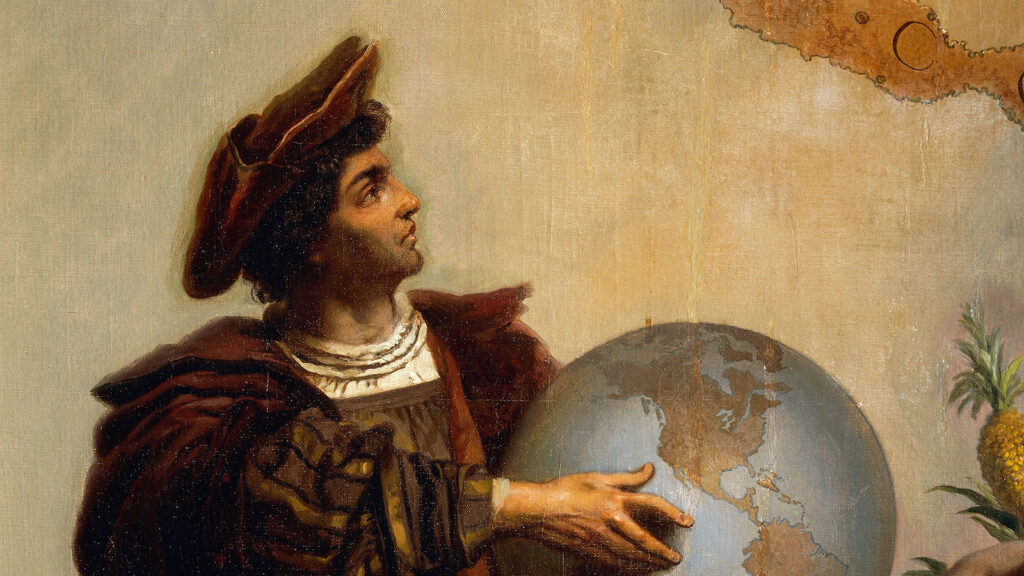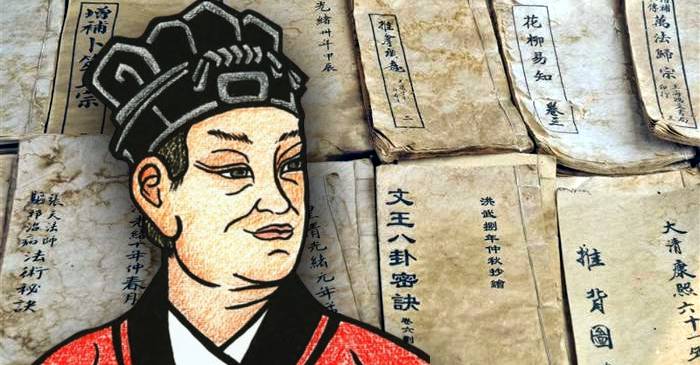Throughout human history, we have witnessed many great minds who have contributed to the well-being of mankind. These people are credited to have made important discoveries and inventions that have completely changed the way of life.
In this article, we will list ten of the greatest men who without a doubt have changed the world for the better.
List Of Top 10 Greatest Man In The World Wiki
- Isaac Newton
- Muhammad ibn Abdullah
- Jesus
- Confucius
- Buddha
- Paul of Tarsus
- Johannes Gutenberg
- Albert Einstein
- Christopher Columbus
- Cai Lun
Top 10 Greatest Men In The World
1. Isaac Newton
Isaac Newton was a world-famous physicist, mathematician, alchemist, astronomer, theologian, and natural philosopher. He was born in the year 1642, on the day of Christmas. He picked up Galileo Galilei’s mathematical science of motion and completed his work after his death.
Newton was born a weak baby and had very few chances of survival. He never experienced the love of his father and lost his mother after she married twice within two years. His step-father Barnabas Smith left him under his grandmother’s care.
In 1661, Newton arrived at Cambridge. By then the Scientific Revolution had already begun, and many important books of contemporary science were already published.
He discovered gravity and formulated the laws of motion. Kepler’s laws of planetary motion are based on Newton used his mathematical description of gravity. He demonstrated that the motion of objects on celestial bodies and Earth could be based on the same principles.
2. Muhammad ibn Abdullah
Muhammad ibn Abdullah was a very important religious, social, and political figure in the Arab world. Based on Islamic scripture, he was the messenger of God, who was sent to confirm Abraham’s, Adam’s, Moses’, Jesus’, and other prophets’ monotheistic doctrines.
He is regarded as the final prophet of God in the Islam religion. He was born to ‘Abdu’llah ibn ‘Abdu’l-Muttalib. After his birth, he was given away by his mother to be raised among Bedouins. By the age of six, he was fully orphaned. He was then taken in by his uncle Abu Talib and his wife Fatimah bint Asad.
Muhammad was born in Mecca in 570 AD and was raised by his uncle after his parents’ death. Initially, he started working as a shepherd and later turned into a religious ruler of the Muslims.
He was challenged by the opposition in Mecca and was forced to leave his homeland for Medina in 622. After years of conflict, he invaded Mecca with his army and conquered the city in 629.
3. Jesus
Born in c. 4 BC, Jesus is also referred to as Jesus of Nazareth or Jesus Christ. In the Christian religion, he is treated as a God. According to Christians, he is God’s son. He is the central figure of Christianity, the largest religion in the world.
Based on Christian doctrines, Jesus was conceived by the Holy Spirit. He was the son of a virgin named Mary. He founded the Christian Church and performed miracles. After his crucifixion, he rose from death and ascended into heaven.
The majority of the Christian community worship Jesus as God’s son. He is considered the second person in the Holy Trinity. He was born on 25th December. This day is celebrated as Christmas throughout the world. It is a very important day for Christians.
Jesus is considered the second most important prophet in Islam. A large portion of agnostics and atheists are aware of Jesus. The majority of the Christian community lives in the western world. Only a certain percentage of Christians are found in other parts of the world.
4. Confucius
Confucius was a Chinese social philosopher, thinker, and politician of the Spring and Autumn period. He is the founder of Confucianism. His philosophy and teachings changed the lives of people throughout China, Japan, Indonesia, Korea, and Vietnam. His ideas are preached across East Asia even to this day.
Confucius who was born in 770-481 BCE is considered an important figure in Chinese history. His teachings focused on governmental and personal morality, the correctness of social relationships, sincerity, kindness, and justice. After Qin’s decline, Confucius’s teachings and ideas were officially sanctioned by the new government.
Confucianism developed into a system known as Neo-Confucianism during the Song and Tang dynasties. More than religion, it became a way of life for the Chinese. Confucius is believed to have edited many Chinese classic texts. His principles have a lot in common with the Chinese belief and traditions and belief.
Confucius is one of the most important thinkers in East Asian history. Based on Chinese history, he was born in the spring and autumn period 770-481 BCE in Lu. Like other states at that time, Lu was associated with the Zhou dynasty’s culture and history.
5. Buddha
Gautama Buddha’s real name was Siddhartha Gautama. He is commonly referred to as The Buddha. He was born in Nepal during the 6th or 5th century BCE. He is one of the ancient spiritual teachers and philosophers who founded Buddhism.
According to Buddhist history, he was born into a royal family of the Shakya Clan. But he abandoned his home life to live as a wandering ascetic. After renouncing his royal life, he adopted a life of asceticism, begging, and meditation. Later he attained enlightenment at Bodh Gaya. He wandered through the Indo-Gangetic Plain, teaching his principles. His disciples are known as Buddhists and their faith is known as Buddhism.
The Buddha taught a middle way between severe asceticism and sensual indulgence, leading to Nirvana from craving, ignorance, suffering, and rebirth. The teachings of The Buddha are venerated by numerous communities and religions across Asia.
According to Buddhist tradition, there have been many Buddhas in the past, and there will be many more in the future. It is also believed that every creature will eventually become buddhas since they are all born with a buddha nature.
6. Paul of Tarsus
Paul of Tarsus was an early Christian apostle and missionary. He is known for spreading the teachings of Christianity outside Palestine. He is considered one of the most important figures of the Apostolic Age. During the period between the mid-40s and mid-50s, he established several Christian communities in Europe and Asia Minor.
Paul of Tarsus is also known as Saint Paul or Paul the Apostle. According to the New Testament, he was a Pharisee. He is believed to have participated in the persecution of Jesus’ early disciples. Immediately after his baptism, he proclaimed that Jesus was the Jewish Messiah.
Fourteen of the 27 books in the New Testament are assigned to Paul. Half of the New Testament is credited to Paul and the individuals he inspired. However, only 7 of the 13 letters are considered to have been dictated by Paul himself.
Paul’s epistles continue to influence the worship, pastoral life, and theology among the Protestants in the West. He also has his influences running in the Eastern Orthodox and Catholic traditions of the East. Paul’s influence on Christianity is characterized as being as “profound as it is pervasive”.
7. Johannes Gutenberg
Johannes Gutenberg’s full name is Johannes Gensfleisc zur Laden zum Gutenberg. He was born around c. 1400 in Germany. He was a well-known inventor, publisher, printer, and goldsmith. He was the one to introduce printing in Europe which eventually led to the Printing Revolution. It is regarded as one of the most important periods in human history.
Gutenberg’s printing machine played a crucial role in the development of the Reformation, Renaissance, Scientific Revolution, and Age of Enlightenment. Not only that, but it also helped the spread of learning to the masses.
Gutenberg made many contributions to printing. He is the one who invented the process for mass-producing movable type; adjustable molds; the use of oil-based ink printing books; and mechanical movable type. He also introduced the use of a wooden printing press. His printing inventions allowed the mass production of printed books.
His method for making type included a hand mold and a type of metal alloy for casting type. The alloy was made by mixing tin, antimony, and lead at a low temperature for more economical and durable casting.
The invention of the movable type was a big improvement in the manuscript. Gutenberg’s printing technology was quickly adopted by Europe and later by the rest of the world. The Gutenberg Bible was the first ever printed version of the Bible.
In Renaissance Europe, movable type printing led to the development of the mass communication era which permanently transformed the structure of society.
8. Albert Einstein
Albert Einstein was a world-famous scientist who was born on March 14, 1879, in Germany. However, he moved to Switzerland in 1895 and acquired Swiss citizenship in 1901. He is widely acknowledged as of the greatest theoretical physicists of all time. He is best known for developing the theory of relativity. Besides that, he made important contributions to quantum mechanics.
Einstein’s mass-energy equivalence formula E = mc2 is derived from relativity theory. It is dubbed the world’s most famous equation. In 1921, he received the Nobel Prize in Physics. He was honored for his contributions to theoretical physics, and the discovery of the law of the photoelectric effect.
In 1905, Einstein published four important papers, which explained Brownian motion, outlined the theory of the photoelectric effect, demonstrated mass-energy equivalence, and introduced special relativity. Later in 1916, he published a paper on general relativity, which further extended his theory. He also investigated the quantum theory of radiation and the thermal properties of light, which led to the development of the photon theory of light.
9. Christopher Columbus
Christopher Columbus was an Italian explorer and navigator, who were born on August 25, 1451. He is most famous for completing four voyages across the Atlantic Ocean. His expeditions were the first known European contact with South America, Central America, and the Caribbean.
Columbus’ birthplace is the Republic of Genoa and his first language was Ligurian. He started traveling at a very you age. He was married to a Portuguese noblewoman named Filipa Moniz Perestrelo and lived in Lisbon for many years. Together they shared a son named Diego. Later he got involved with a Castilian mistress named Beatriz Enriquez de Arana, who delivered his second son Fernando.
Columbus had vast knowledge of geography, history, and astronomy. He was the one to develop a plan to establish a western sea passage to the East Indies.
According to history, Columbus’ discovery of America was a big victory. It established him as a hero who completed four voyages, bringing tons of wealth to Spain and other European countries. His expedition also helped the Europeans to colonize America.
Columbus was celebrated for centuries even after his demise. Many places in the Western region bear his name, including the British Columbia, District of Colombia, and Colombia.
10. Cai Lun
Cai Lun was a Chinese eunuch who is known to invent paper and the modern paper-making process. He was the court official of the Eastern Han dynasty. Although the paper was introduced in the 3rd century BCE, it occupies an important place in the history of paper. He added pulp via hemp ends and tree bark in the paper-making process. His invention popularised paper throughout the world.
Born in Guiyang Commandery, Cai served as a chamberlain for Emperor Ming. Later he became the imperial messenger for Emperor Zhang. Initially, he was responsible for making ceremonial weapons in the Palace Workshop. However, his most noted and important innovation came in 105 CE, when he introduced changes in the papermaking process with the use of hemp waste, tree bark, fishnets, and old rags.
His new type of paper became popular and replace wooden and bamboo slips. This brought immense wealth and fame to Cai. In 110 CE, he was appointed by Lady Deng to oversee 100 scholars’ new edition of the Five Classics. He was even rewarded for his imperial service in 114 CE.
Cai’s paper-making process is considered to have made a huge impact on human history. In China, he is known as the god of papermaking. His hometown in Leiyang is popular as an important paper production zone.
FAQs
1. Who determines the “Top 10 Greatest Men In The World”?
The list is subjective and can vary depending on different criteria such as achievements, contributions to society, and influence in various fields like science, politics, culture, and humanitarian efforts.
2. What makes someone one of the greatest men in the world?
Greatness is typically determined by their positive impact on humanity, lasting influence, and ability to inspire future generations through their actions, innovation, or leadership.
3. Can the list of the greatest men change over time?
Yes, as society evolves, new leaders, thinkers, and innovators may rise to prominence, and the list may be updated to reflect their contributions and influence on the world
Conclusion
These are few of the greatest people in history who have impacted the world most positively. Although they are not alive anymore, their teachings, inventions, and discoveries continue to influence the lives of people.

